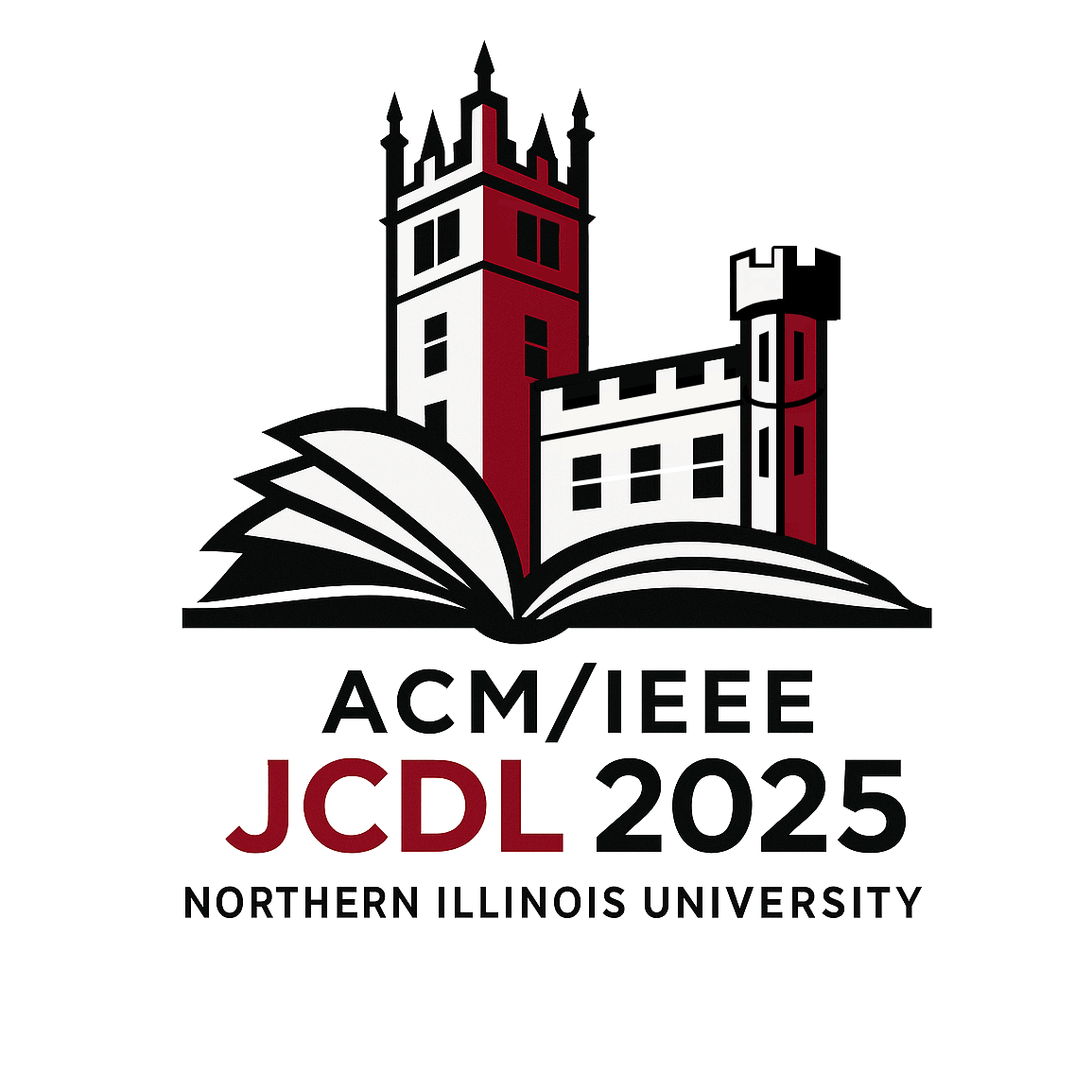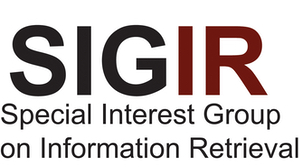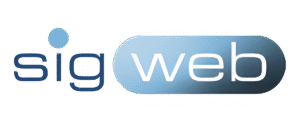Call for Workshops and Tutorials
As JCDL 2025 convenes in a fully virtual format, we invite proposals for dynamic workshops and in-depth tutorials that will foster learning and build community among our global audience of researchers, practitioners, and educators. We encourage submissions that address emerging challenges and technologies, such as large language models, open knowledge systems, preservation at scale, and AI-driven curation, and prioritize interactive, participatory formats over traditional lecture-style sessions.
Workshop and Tutorial Aims
- Workshops provide a forum for focused discussion and community exchange on evolving or emergent topics in digital libraries. Formats may range from structured, peer-reviewed presentations to informal roundtable dialogues. The emphasis is on collaboration and forward-looking engagement.
- Tutorials offer expert-led, structured instruction on established or emerging topics relevant to digital library research and practice. The focus is on skill development, knowledge transfer, and practical takeaways. Tutorials must be non-commercial and self-contained.
Important Dates
All deadlines are Anywhere on Earth (AoE) time:
- Submission Deadline:
August 22, 2025September 15, 2025 - Notification:
September 12, 2025September 26, 2025 - Camera-Ready Deadline:
September 26, 2025October 3, 2025
Submission Site
JCDL 2025 EasyChair Submission Portal
Proposal Guidelines
The complete proposal must be 2-4 pages, including references.
All submissions must follow the IEEE two-column conference template (LaTeX or Word), be written in English, and submitted in PDF format. Incomplete or abstract-only submissions will not be reviewed. References count toward the page limit, and optional appendices must also remain within the limits. Please ensure your submission adheres to the official IEEE submission policies and author guidelines. You can find the full details here: IEEE Submission Policies and Author Guidelines.
Successful proposals should include at least the following information:
- Title and indication of session type (Workshop or Tutorial)
- Names, affiliations, short bios, and relevant experience of all organizers/presenters
- Explain the topic’s relevance to the JCDL community and why it is timely. For workshops, describe the core issues and motivation for gathering the community. For tutorials, list the specific learning objectives and the key skills attendees will acquire.
- Preferred session length (half-day or full-day)
- Provide a detailed agenda or schedule. For workshops, detail the mix of activities (e.g., presentations, breakouts, collaborative sessions). For tutorials, outline the instructional plan, including time for hands-on exercises and Q&A.
- Target audience and expected level of expertise (introductory, intermediate, advanced)
- Describe the intended outcomes. For a workshop, this might be a white paper, a special journal issue, or a new research network. For a tutorial, this would be the tangible skills and knowledge attendees will leave with.
- Technical requirements (e.g., use of collaborative tools beyond Zoom)
- Past experience of organizers with similar events (if applicable)
Generative AI Policy
All submissions must comply with the IEEE Guidelines on Use of AI-Generated Content. The use of content generated by artificial intelligence (AI) in an article (including but not limited to text, figures, images, and code) shall be disclosed in the acknowledgments section of any article submitted to an IEEE publication. The AI system used shall be identified, and specific sections of the article that use AI-generated content shall be identified and accompanied by a brief explanation regarding the level at which the AI system was used to generate the content. The use of AI systems for editing and grammar enhancement is common practice and, as such, is generally outside the intent of the above policy. In this case, disclosure as noted above is recommended.
Authorship Policy
JCDL 2025 follows the ACM Authorship Policy. Every person listed as an author must have made a substantial contribution to the research and/or the writing of the paper and must take responsibility for the entire content. The complete list of authors, including order, must be finalized by the submission deadline. No additions, removals, or reordering of authors will be allowed after submission. Corrections to spelling or affiliation may be made with approval from the Program Chairs.
Desk Rejection Policy
Submissions that fail to adhere to length or formatting requirements, or that violate academic integrity standards, such as plagiarism, author misrepresentation, or falsification, may be subject to desk rejection by the chairs. Submissions that violate ethical standards (e.g., failure to include required ethics approval statements for human-subject research) may also be desk-rejected at the discretion of the Program Chairs. All authors are expected to comply with the ACM Policy on Plagiarism, Misrepresentation, and Falsification.
Ethics and Conduct
- Research Ethics: Authors are expected to comply with accepted standards for ethical research and professional integrity, including those outlined in the ACM Code of Ethics and Professional Conduct. Submissions involving human participants or sensitive data must include a statement on ethics approval (e.g., IRB or equivalent), informed consent, and any other relevant safeguards. Authors must also comply with ACM Publications Policies, including the Policy on Research Involving Human Participants and Subjects. Please ensure all authors are familiar with these policies. The Program Chairs reserve the right to reject submissions that do not adequately address ethical considerations.
- Conflict of Interest: All authors, reviewers, and committee members must adhere to the ACM Conflict of Interest Policy. Conflicts of interest must be declared during the submission and review process.
- Harassment Policy: All participants must adhere to the ACM Policy Against Harassment.
Contact
For further information or questions, please contact the JCDL 2025 Workshop & Tutorial Co-Chairs:
- Jian Wu (Old Dominion University, U.S.) jwu@cs.odu.edu
- Haiming Liu (University of Southampton, UK) H.Liu@soton.ac.uk




